You have not yet added any article to your bookmarks!

Join 10k+ people to get notified about new posts, news and tips.
Do not worry we don't spam!
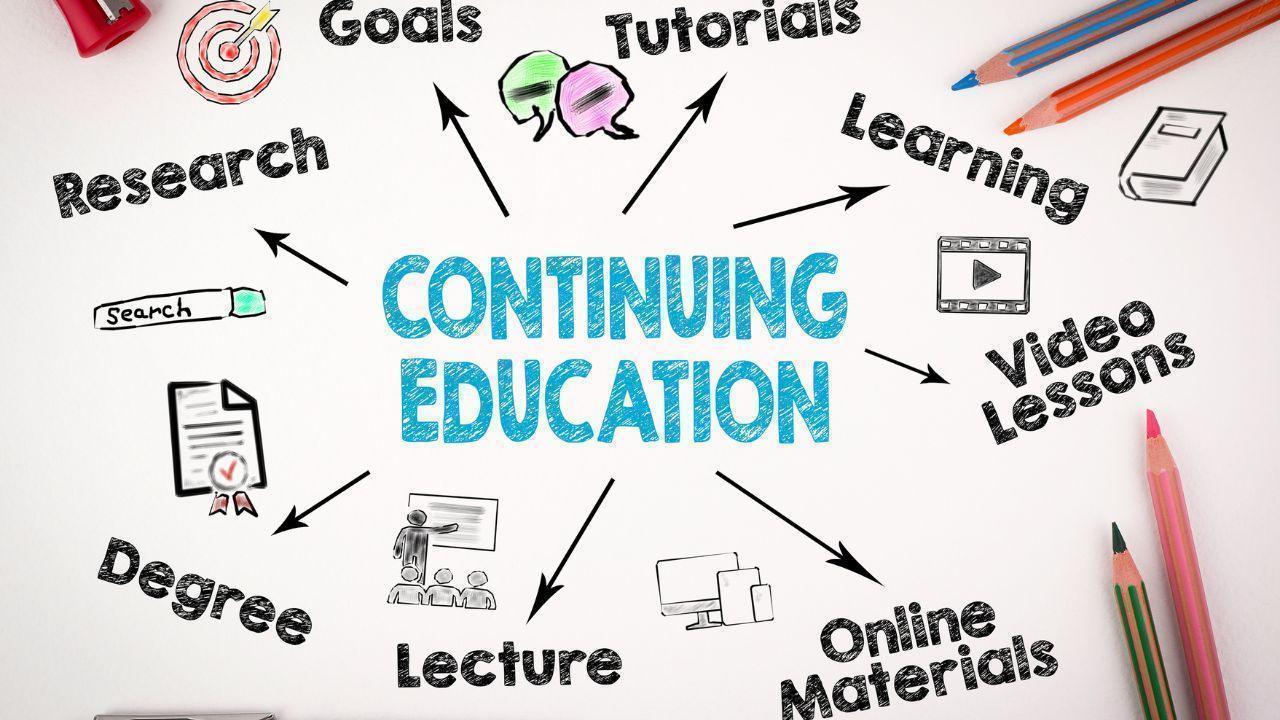
Post by : Laxmi Verma
In the past, teachers were often seen simply as knowledge providers—standing at the front of the class, delivering lessons, and grading tests. But in today’s fast-evolving society, the demands on educators have grown dramatically. The role of teachers in a rapidly changing world goes far beyond textbooks and lectures. Teachers today must be mentors, tech navigators, emotional supporters, and lifelong learners.
As technology reshapes the way students learn, and as global events challenge traditional classroom norms, teachers are stepping up in new and inspiring ways. Their influence remains critical—not just in academic success, but in preparing future generations for a world that is constantly in flux.
One of the most significant changes in education over the past decade has been the integration of digital tools and online platforms. From smartboards and tablets to AI-based tutoring and learning management systems, technology is transforming how knowledge is delivered and accessed.
The role of teachers in a rapidly changing world now includes becoming fluent in educational technology. They must not only understand how to use these tools but also how to blend them effectively with traditional methods. Teachers are no longer just delivering content—they’re guiding students on how to navigate, evaluate, and apply the flood of information available online.
Especially post-pandemic, hybrid and remote learning models have become part of the mainstream. Teachers had to adapt quickly, learning to engage students virtually while maintaining academic standards. This ability to pivot and thrive under pressure reflects their essential role in modern society.
In addition to academic responsibilities, teachers today play a growing role in supporting students emotionally and socially. With rising concerns over mental health, anxiety, and peer pressure, especially among younger learners, educators often serve as the first line of support.
Students are not just looking for information—they are seeking connection, understanding, and empathy. Teachers create safe spaces where students can express themselves, overcome personal challenges, and build confidence.
The role of teachers in a rapidly changing world increasingly includes being trained in emotional intelligence, conflict resolution, and student counseling. Their impact goes well beyond grades—it shapes the well-being and resilience of future generations.
As classrooms become more diverse, both culturally and linguistically, teachers are tasked with promoting inclusion and mutual respect. Educators now engage students from different backgrounds, belief systems, and learning abilities.
Global issues like climate change, social justice, and digital citizenship are becoming part of the curriculum. Teachers must not only understand these topics themselves but also know how to facilitate meaningful discussions and encourage critical thinking.
In a world where boundaries are increasingly blurred, the role of teachers in a rapidly changing world includes shaping global citizens who are informed, empathetic, and action-oriented.
Gone are the days when teachers were the only source of knowledge in the room. Today’s students have access to YouTube, Google, ChatGPT, and countless other information sources. As a result, the teacher's job has evolved from being a sole authority figure to a facilitator of learning.
Modern educators help students learn how to learn. They guide research, foster inquiry-based learning, and encourage curiosity and creativity. They build critical thinking skills and help learners make connections between ideas and real-world applications.
This shift empowers students to take ownership of their learning—an essential skill in today’s self-driven, fast-paced world.
Just as they expect students to keep learning, teachers themselves must continuously grow. Whether it’s mastering new technologies, adapting to curriculum changes, or learning new teaching strategies, the role requires constant upskilling.
Many teachers attend professional development programs, take online courses, and participate in peer learning communities. In fact, the role of teachers in a rapidly changing world demands that they model the very skills they teach: adaptability, curiosity, and resilience.
This article is for informational and educational purposes only. The views expressed reflect general trends and may not apply to all educational systems or regions. Readers are encouraged to consult local educational authorities or professionals for context-specific guidance.

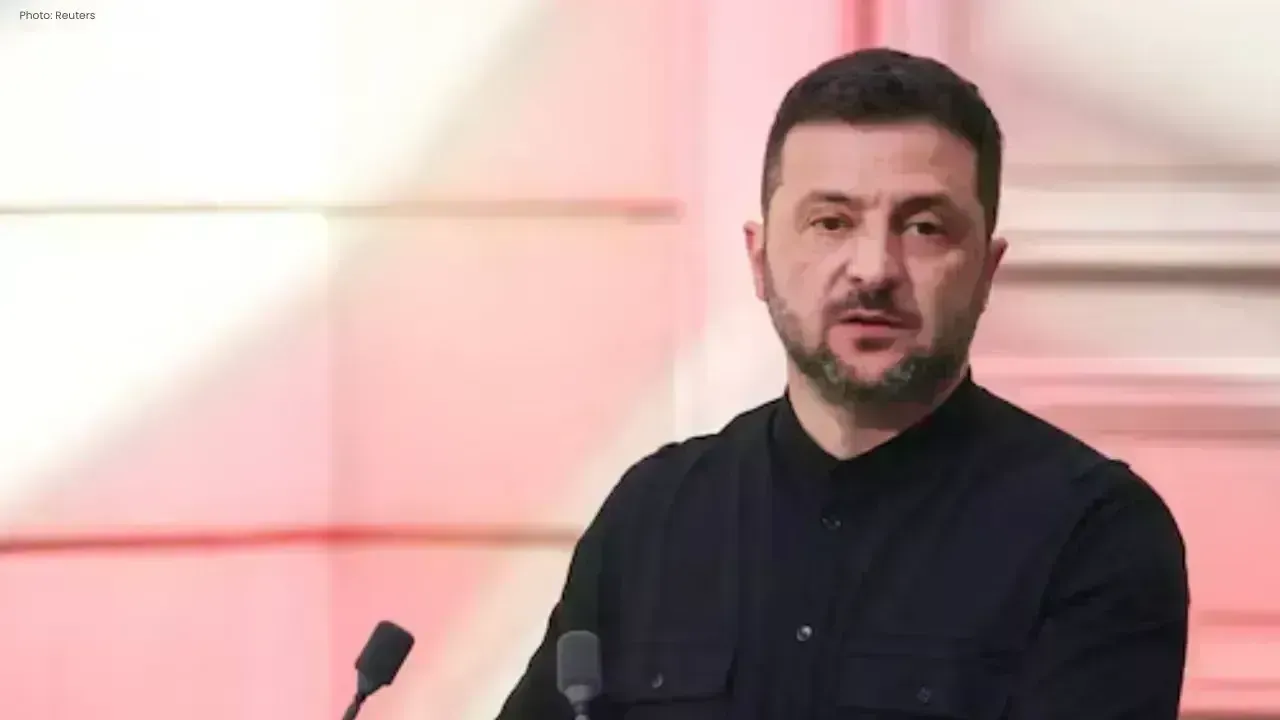


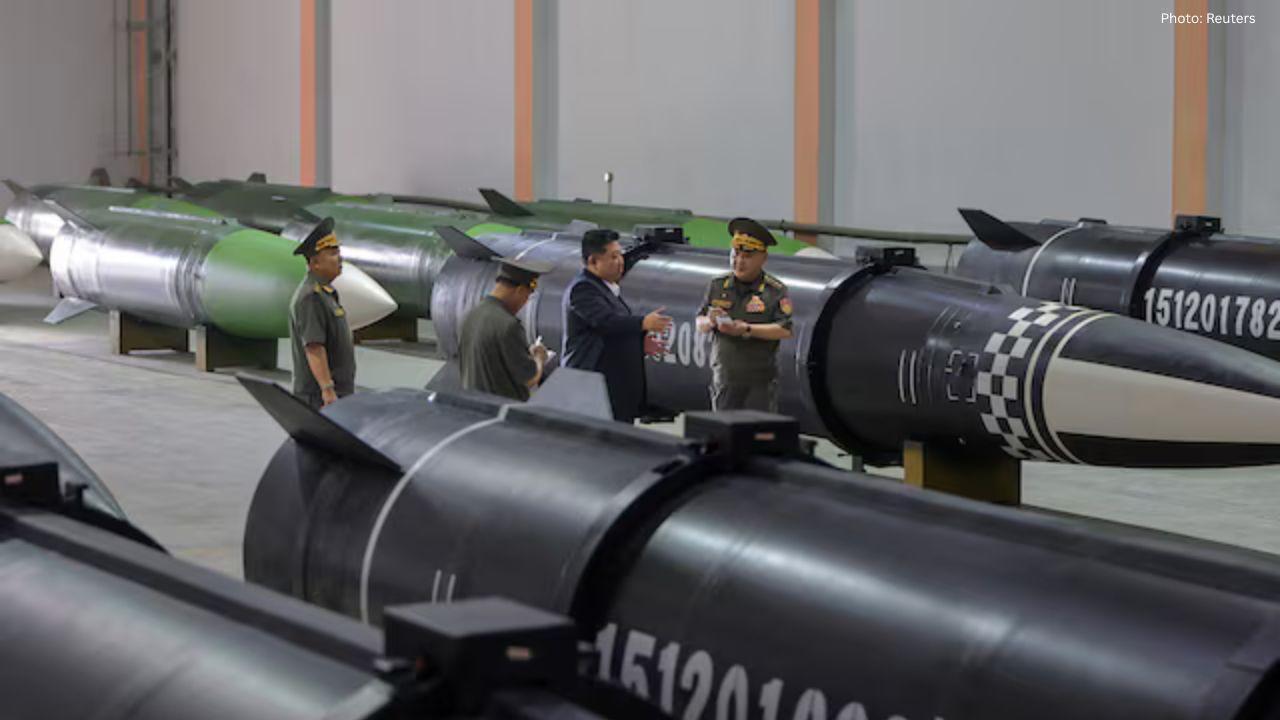
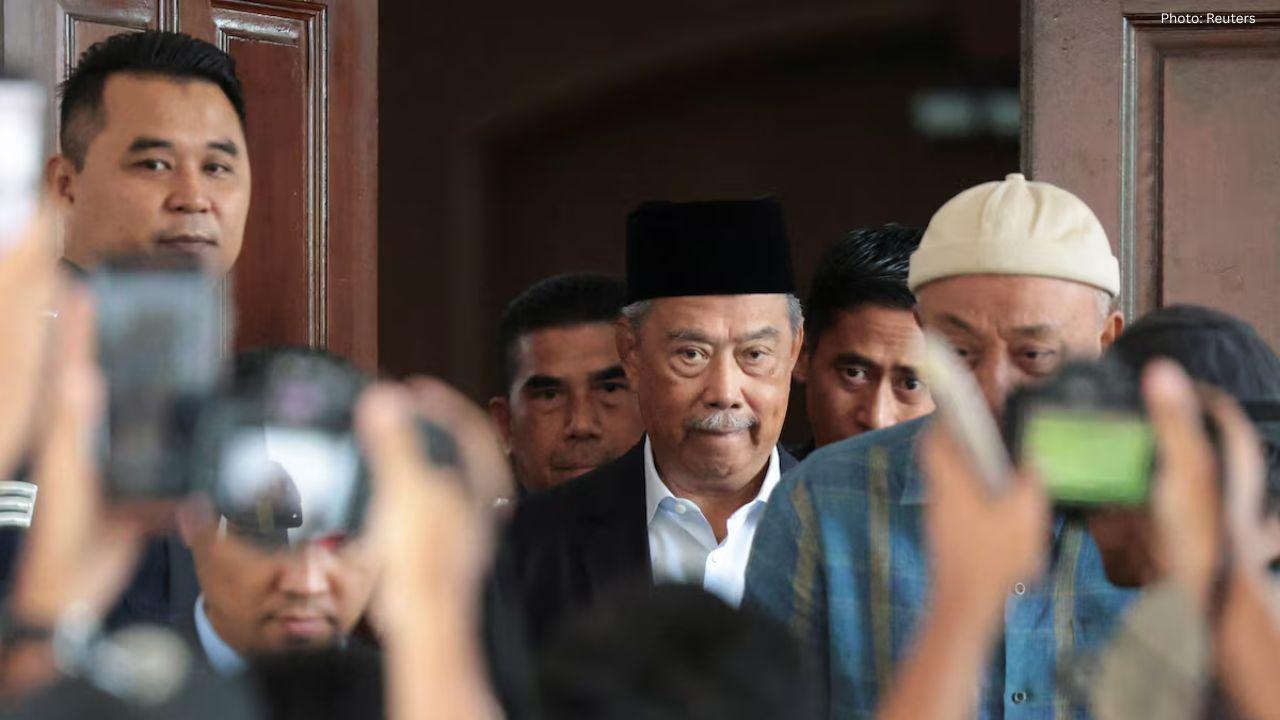


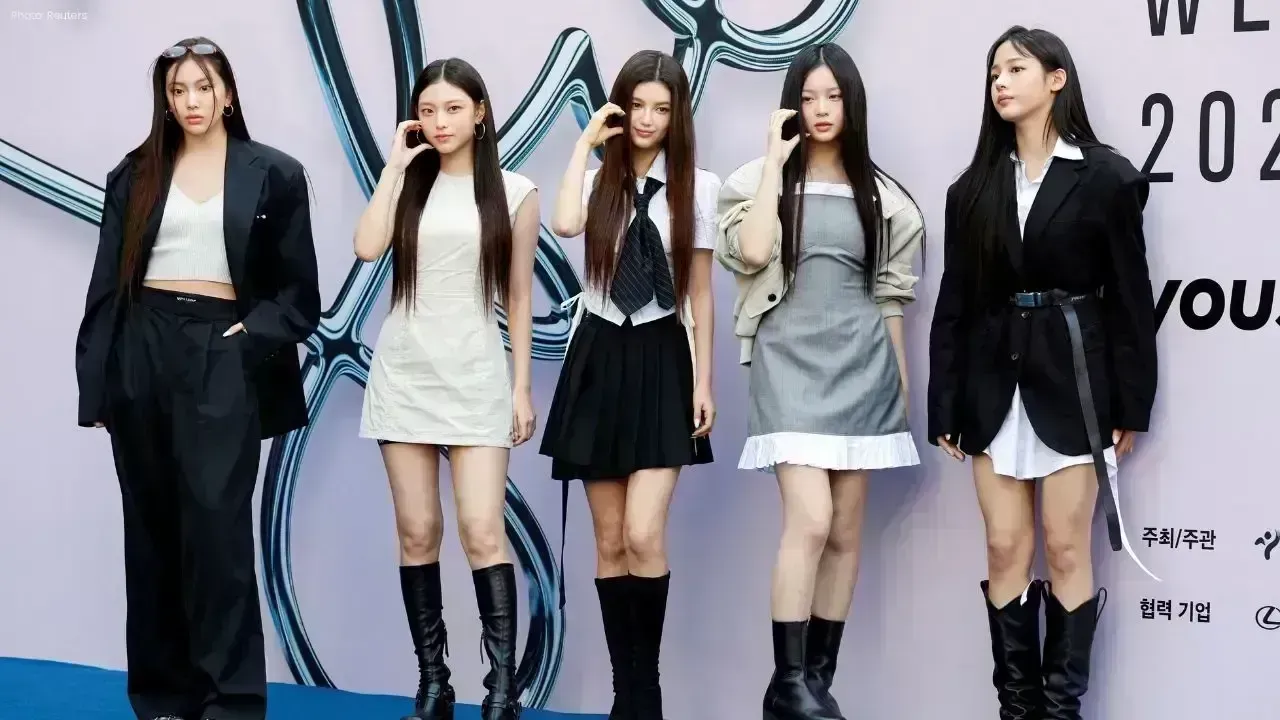

Trump Claims He Ended India-Pakistan War, Faces Strong Denial
Donald Trump says he brokered the ceasefire between India and Pakistan and resolved eight wars, but

Two Telangana Women Die in California Road Accident, Families Seek Help
Two Telangana women pursuing Master's in the US died in a tragic California crash. Families urge gov

Ranveer Singh’s Dhurandhar Roars Past ₹1100 Cr Worldwide
Ranveer Singh’s Dhurandhar stays unstoppable in week four, crossing ₹1100 crore globally and overtak

Asian Stocks Surge as Dollar Dips, Silver Hits $80 Amid Rate Cut Hopes
Asian markets rally to six-week highs while silver breaks $80, driven by Federal Reserve rate cut ex

Balendra Shah Joins Rastriya Swatantra Party Ahead of Nepal Polls
Kathmandu Mayor Balendra Shah allies with Rastriya Swatantra Party, led by Rabi Lamichhane, to chall

Australia launches review of law enforcement after Bondi shooting
Australia begins an independent review of law enforcement actions and laws after the Bondi mass shoo